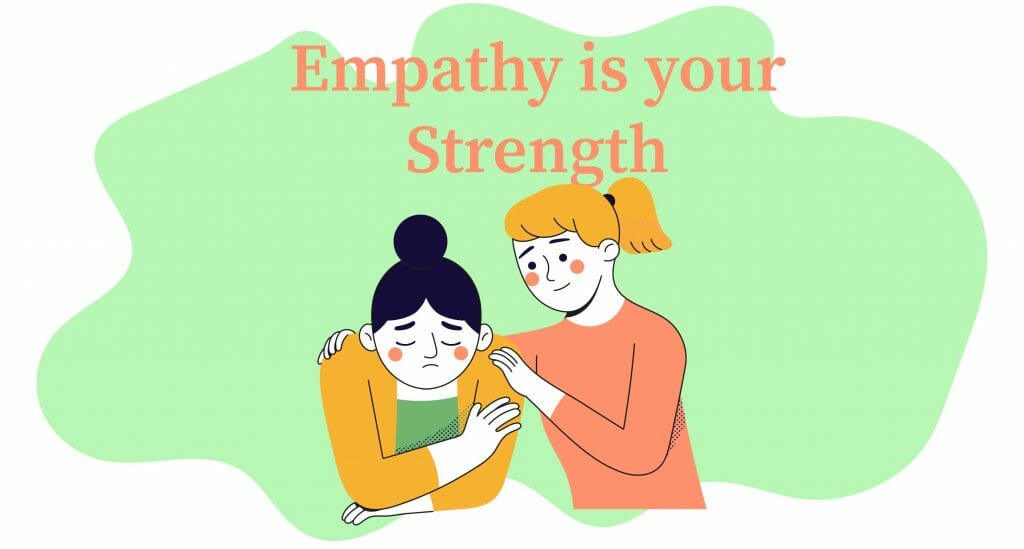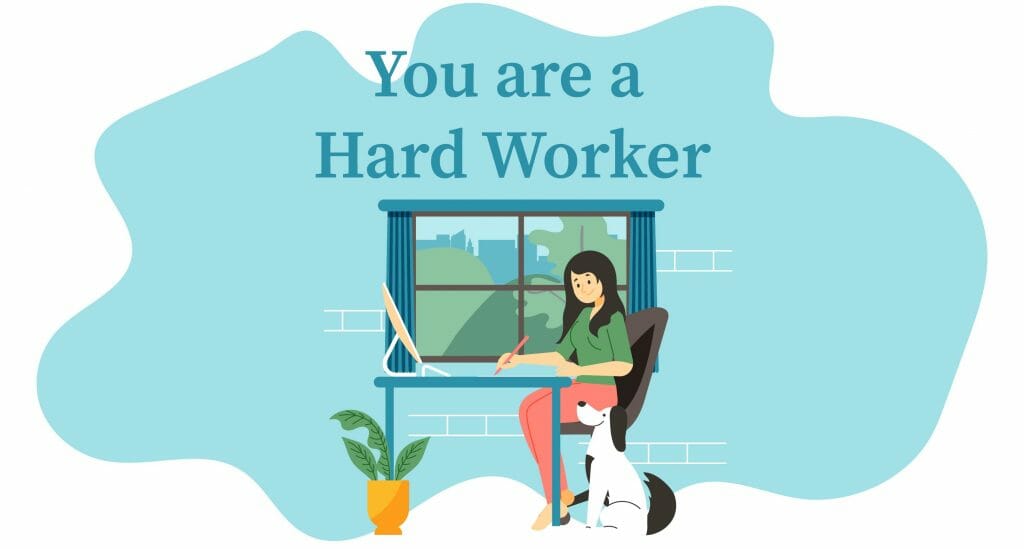Not being able to say what you want to say is bad enough! Sometimes, this includes one’s name, address, and contact number.
Whenever we talk to someone who stutters, we hear a lot of complaints including missed job opportunities, messed up conference calls, fear of answering the phone or even talking to a brand rep at the mall. Stuttering makes one’s life difficult. It brings about a flurry of negative emotions that range from embarrassment to anger.
Yet, research shows that there might be some benefits to stuttering.
Right now, if you are struggling with the lack of fluency in your speech, you might find it difficult to believe us right away. That’s why we are bringing forth research materials and surveys from the last decade which go on to show that stammering has its own advantages.
You are a perfectionist!
You may not have explored your entire potential if you don’t yet know that you have a perfectionist personality. According to published research by Paul H. Brocklehurst, people who stutter are more aware of the mistakes they make (not only in speech), and they are more eager to correct their mistakes.
It makes them keen workers, eager learners and automatically, more driven towards perfection than their more fluent counterparts. When you perceive yourself to be significantly error-prone it’s your inner perfectionist talking! You strive for perfection in work and daily life.
You can channel the same love for perfection and begin practising speech exercises. Whether you are working with a speech therapist and a psychological counsellor, or you are alone on the path of self-improvement, you can consider befriending an app like Stamurai to help you practice daily for attaining the fluency you desire in your speech.
Your emotional intelligence is more developed

It’s easy to see stuttering as a drawback. When you can’t even say your name in front of the entire class or a panel of interviewers, that makes it incredibly difficult to believe that it might have some positive impact on your life.
However, research shows that people who stutter typically have a higher understanding of others in suffering. Thousands of those with fluency problems go onto becoming scholars and researchers in the field of speech pathology to understand themselves better and to help the millions out there.
Surveys and studies show that people who stutter may have a significantly higher level of empathy, patience and listening intelligence during emotionally stressful situations. You have the hidden ability to be more understanding of other’s shortcomings and differences.
You are likely more sensitive towards the necessities and feelings of others in difficult situations.
Stuttering gives you the scope for personal growth
With the right help (from your SLP and CBT counsellor), you can pave the way for personal growth. Visiting a speech-language pathologist (SLP) or a good and experienced therapist is essential in this journey. Once you begin to see that stuttering does not define you, there is no stopping you!
Studies by Stephanie Hughes, Ph.D., CCC-SLP & Edward Strugalla, M.H.S., show that a person who stutters has immense potential for growing and strengthening their character. You have more determination, patience and tenacity that you probably give yourself credit for.
You work really hard to compensate for your stuttering

People who stutter are not just emotionally intelligent and perfectionists, but they also strive to compensate for their speech disfluencies by giving additional effort in other areas or skillsets. In most cases, people who stutter have very specialized skills in other areas and once they begin to explore these skills, they can become highly successful.
For example – many people who stutter are gifted musicians and singers. Singers who stutter while talking rarely ever do so while singing. Sometimes, some have to work a little hard in polishing these skills, but most are already born with these special skillsets which include a gift for music, arts-and-craft, and writing.
Stuttering actually gives you the chance to plan what you want to say and how you want to say it well in advance. So, it has probably already given you strong language skills. Or, you are on your way to developing that pretty soon.
If you think you don’t have enough skills, you just haven’t found the opportunity to explore all your talents yet!
The take-home message
Thousands of renowned researchers and therapists in the field of speech and language have speech disfluencies including stuttering. Contrary to what you may think right now, a speech therapist with the first-hand experience of speech disfluency may be more capable of helping someone who stutters.
Never forget how Charles Van Riper was one of the revolutionary researchers and therapists, and the father of speech pathology although he stuttered throughout life!
It is quite evident that stuttering is not all negative. It brings along unique aspects of intelligence, skills, talents and character strength that no one can deny!










